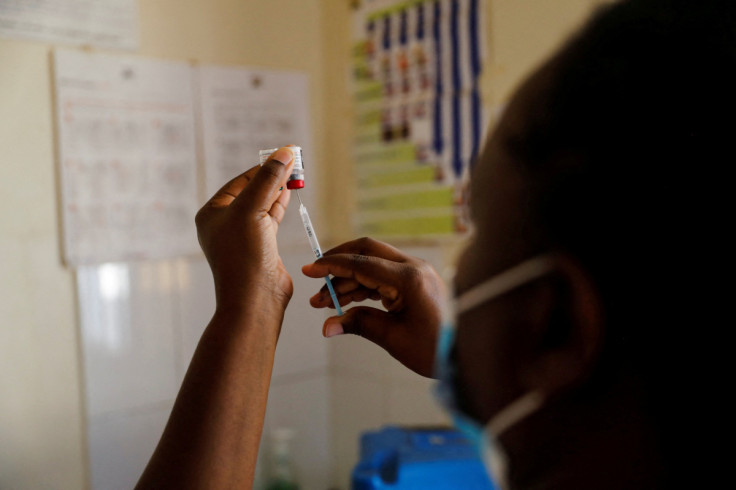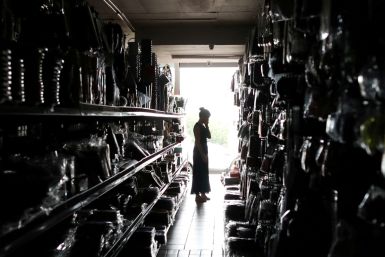NICD Reports Significant Increase In Severe Malaria Cases
The South African government agency, National Institute for Communicable Diseases (NICD) reported a significant increase in severe malaria cases.
"Undiagnosed and untreated malaria rapidly progresses to severe illness, with a potentially fatal outcome," the public health institute warned on Wednesday, SANews reported.
NICD issued an alert to those who are suffering from fever or flu-like illness and residing in high-risk areas like Limpopo, KwaZulu-Natal, and Mpumalanga or who traveled in these areas in the last six weeks, should do a malaria rapid diagnostic test.
The agency further suggested that if anyone tests positive for malaria, then they should immediately start malaria treatment.
Furthermore, the patient must inform the "healthcare provider of their recent travel, particularly to neighboring countries and malaria risk areas in South Africa, so that the healthcare provider is made aware of the possibility of malaria."
The agency explained that Odyssean or 'taxi malaria' can be "transmitted by hitch-hiking mosquitoes, should be considered in a patient with unexplained fever who has not traveled to a malaria-endemic area but is getting progressively sicker, with a low platelet count."
NICD urged everyone to seek medical attention early, in both cases - malaria and COVID-19 - as they have similar non-specific early symptoms including fever, chills, headaches, fatigue, and muscle pain.
Malaria can be a life-threatening disease "caused by blood parasites of the genus Plasmodium, which are transmitted via the bites of infected mosquitoes," as per NICD's official website. "In the human body, the parasites first multiply in the liver, and then infect the red blood cells."
This disease is preventable and curable. While there are malaria cases in other parts of the world, 90% of malaria deaths happen in Africa. South Africa witnessed about 10,000 and 30,000 cases of malaria every year between 2015 to 2019.
There were 241 million cases and 672,000 malaria-related deaths reported in 2020 in Africa, as per TheConversation.
Considering South Africa, the country has taken several measures in order to deal with malaria. For instance, the country has collaborated with national and international partners like World Health Organization (WHO) and non-governmental organizations (NGOs) to share best practices, resources, and knowledge regarding the disease.
There are public awareness campaigns for not only individuals but also healthcare providers, informing them about how to prevent malaria and do the treatment.
In fact, the Southern African Development Community (SADC) celebrates Malaria Day on Nov. 6 every year in order to "create awareness about malaria and mobilize the community to participate in the malaria control programmes," as per the government's statement.

© Copyright 2025 IBTimes ZA. All rights reserved.


















